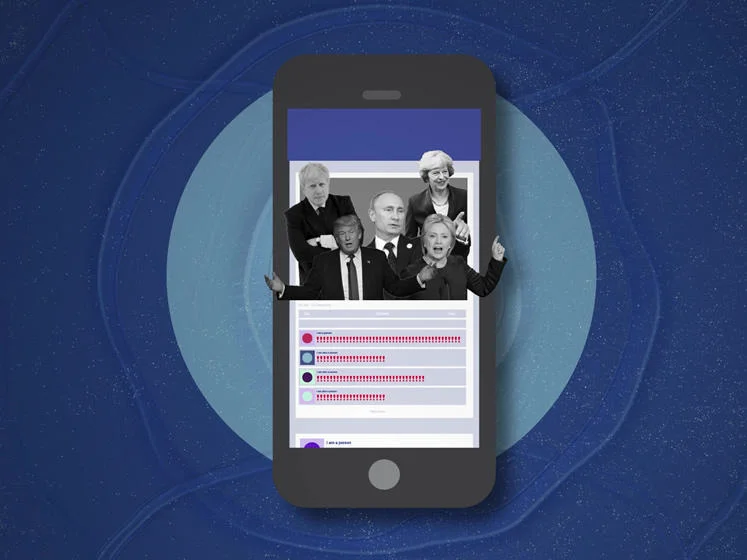Watchdog needed to tackle fake news

A new independent agency should be established to help tackle the information crisis and find policies to rebuild trust in online platforms and the news media, says a report by the LSE Commission on Truth, Trust and Technology.
The Independent Platform Agency (IPA) would be a watchdog – rather than a regulator – which evaluates the effectiveness of platform self-regulation and the development of quality journalism, reporting to Parliament and offering policy advice. It should be funded by a new levy on UK social media and search advertising revenue.
The Agency should be a permanent forum for monitoring and reviewing the behaviour of online platforms and provide annual reviews of ‘the state of disinformation’.
It would also help to support the traditional news industry to develop innovative ways to combat the information crisis.
To protect freedom of expression, the report warns strongly against the establishment of a regulator that is formally linked to government or which aims to be an active regulator of ‘truth’.
Professor Charlie Beckett, Director of the LSE Truth, Trust & Technology Commission, said: "A transparent, independent watchdog would be a dedicated body to provide expertise in, and monitor, a fast moving environment.
"There are many initiatives and reforms trying to address the issue of so called ‘fake news’ already out there. The Commission is calling for a strategic, coordinated approach to address structural problems of the media system as a whole."
The report calls on the Government to mobilise and coordinate an integrated, new programme in media literacy. This should focus on children in schools – for example, a compulsory media literacy module in citizenship classes – but also on adults in further and vocational education.
Importantly too, the IPA would coordinate the development of targeted media literacy efforts to reach the wider public, most of whom are not in formal education, as well as providing informal training to politicians and policymakers.
Professor Sonia Livingstone, Commission Chair and LSE Professor of Social Psychology, said: "Citizens need to be empowered to critically evaluate information if they are to thrive and participate socially and politically in society.
"While improving media literacy levels is going to be expensive, it is a small price to pay when compared to the cost of having a population without the skills to stay informed, or to manage its digital safety, security, privacy, civic and health information needs or consumer rights."
While the report recognises that the election of Donald Trump or Brexit cannot be solely attributed to misinformation, it stresses that news media and digital information systems must be up to the task of generating informed dialogue on complex issues.
The report also recommends that Parliament urgently brings forward legislation to introduce a statutory code on political advertising, as recommended by the Information Commissioner.
Dr Damian Tambini, Special Advisor to the Commission and Associate Professor in LSE’s Department of Media and Communications, said: "We do not know what the final regulatory settlement for the internet should be, but we do now know that self-regulation alone cannot fix this. Parliament, led by the Government, must take action to ensure that we have the information and institutions we need to respond to the information crisis. If we fail to build transparency and trust through independent institutions we could see the creeping securitisation of our media system."
The Commission has heard from more than 100 external participants at workshops focused on key themes of the crisis.
The report will be launched at a free public event on Tuesday 20 November 2018, 6:30pm to 8:00pm at the London School of Economics and Political Science. The Commission welcomes responses to the ideas it has raised.